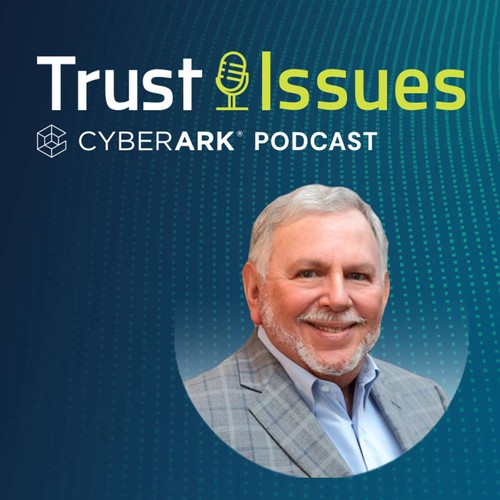
 Security Matters
Security Matters EP 62 - The Evolution of Identity
Sep 25, 2024
Jeff Reich, Executive Director of the Identity Defined Security Alliance, dives into the fascinating evolution of digital identity. He explains how identities have grown increasingly complex, tackling the challenges of securing them in today's threat landscape. Reich discusses global initiatives for interoperable digital identities, including digital passports, and the critical role of encryption and multi-factor authentication. The conversation sheds light on the balance between security and user experience, especially for vulnerable populations, while stressing the need for ongoing education in identity management.
Chapters
Transcript
Episode notes
1 2 3 4 5 6
Intro
00:00 • 2min
Navigating Digital Identity in a Global Landscape
01:47 • 24min
Future of Tech in Identification
26:01 • 3min
Balancing Security and Consumer Experience in Identity Validation
29:14 • 7min
Governmental Challenges in Adopting Technology
36:35 • 3min
Optimizing Identity Management
39:08 • 7min
